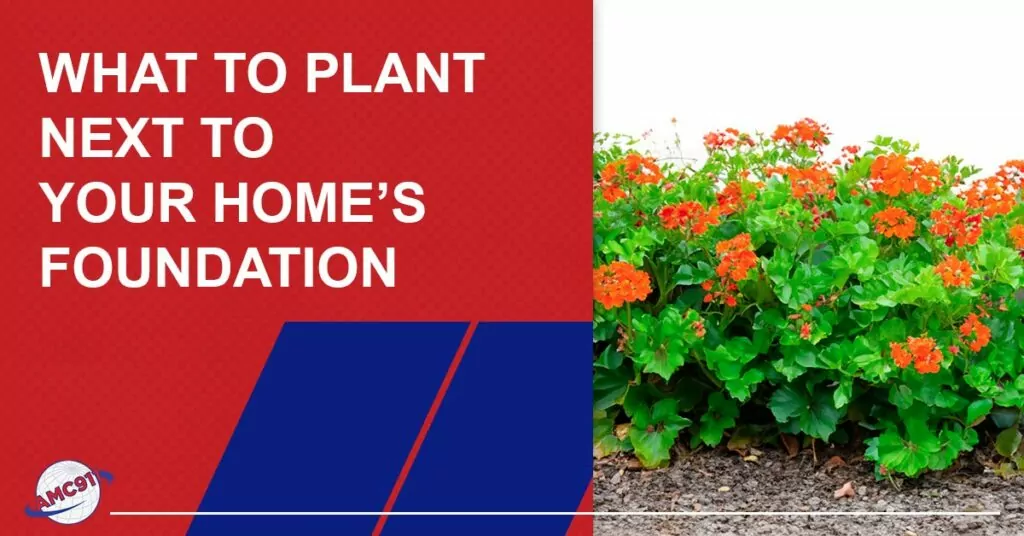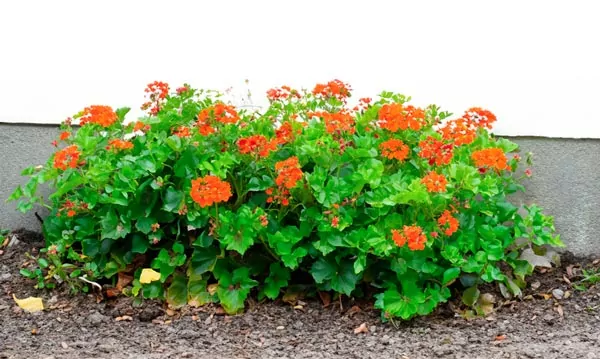
As a homeowner, your house is more than just a structure. It’s a place that provides comfort and security for you and your loved ones. You take pride in the appearance of your home and work hard to maintain its functionality. However, when it comes to landscaping, many homeowners focus on the aesthetic appeal rather than considering the long-term effects on their home’s foundation. What if we told you that strategic planting around your home can enhance its beauty and protect it from potential damage?
In this blog post, we’ll dive into what causes most foundation problems, how proper landscaping can help prevent trouble, and more.
Most Foundation Problems Are Caused by Water
Many are surprised to learn that most foundation problems are caused by water. Excess moisture in the ground around your foundation and poor drainage can wreak havoc on your home’s structure.
The Perils of Hydrostatic Pressure
When the soil around your foundation gets too wet, hydrostatic pressure can build up and push against your foundation walls. If the pressure isn’t relieved via good drainage, it will eventually cause foundation walls to bow inward and even crack.
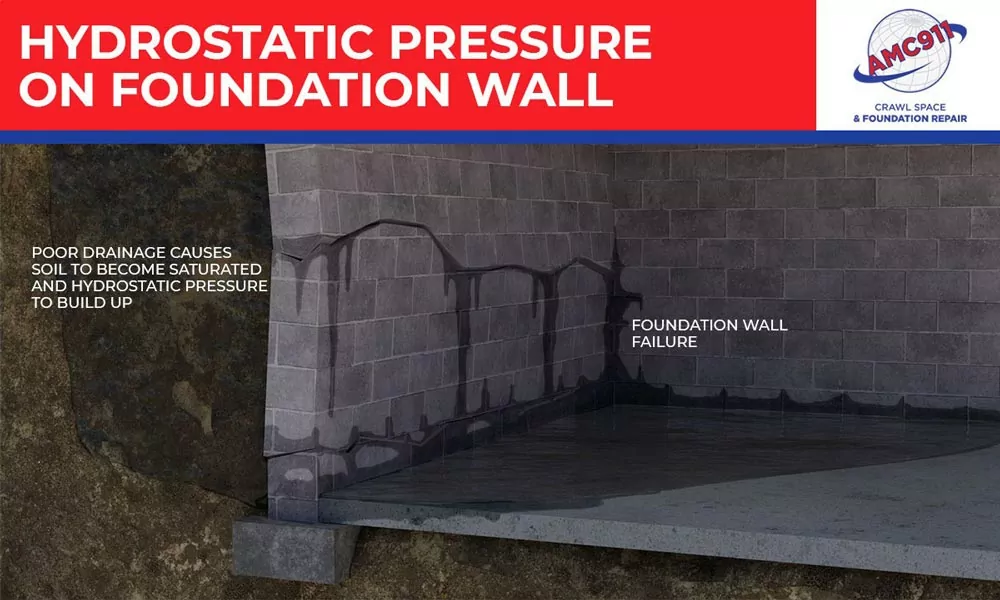
It’s Harder for Soggy Soil to Support a Foundation
Soggy soil has a harder time supporting something heavy, like a foundation. This can eventually lead to the foundation settling into the ground unevenly and causing many problems.
Water and Soil Erosion
Excess moisture in the ground under a foundation can also cause soil erosion. This creates voids under the foundation, leading to instability if the foundation sinks into them.
Expansive soil and Foundation Heave
Another thing to consider is that excess moisture can lead to what’s called “heave.” This happens when expansive soil swells as it absorbs water, putting upward pressure on the foundation. As the pressure builds, it can start to crack and damage the foundation, leading to severe structural problems.
The Freeze-Thaw Cycle
Because it contains moisture, soil expands when it freezes, putting pressure on the foundation walls. During the thawing process, the ice melts, and the pressure is relieved. This constant expansion and contraction over time can cause cracks in a foundation wall, leading to structural damage.
Landscaping Needs Water, and That’s a Problem
Flowers, bushes, or trees need water to grow and thrive, and that’s a problem if planted next to your home’s foundation. That’s because you want to avoid adding excess moisture to the soil around your home’s foundation. As we’ve just noted, too much water in the ground leads to all sorts of foundation issues. This doesn’t mean you can’t have a beautiful yard with lots of greenery. It just means you must be mindful of what you plant next to your foundation. How much water does your selected vegetation need?
What to Plant Next to Your Home’s Foundation
Planting water-hungry vegetation next to your foundation could lead to significant problems. This is because when you water your plants, the excess moisture can seep into the soil around your foundation and cause trouble.
So, what should you do instead?
The trick is to simply choose plants that don’t require a lot of water. That way, you can still have a beautiful garden without risking any damage to your home. Plus, many of them are low-maintenance and require very little upkeep.
Signs Your Home Might Have a Foundation Problem
Signs your home might have a foundation problem include the following:
- Uneven floors
- Wall, ceiling, or floor cracks
- Stair step cracks in brick or masonry
- Doors and windows that don’t open and close properly
- Porches or chimneys pulling away from the house
- A wall that’s no longer in contact with the ceiling or floor
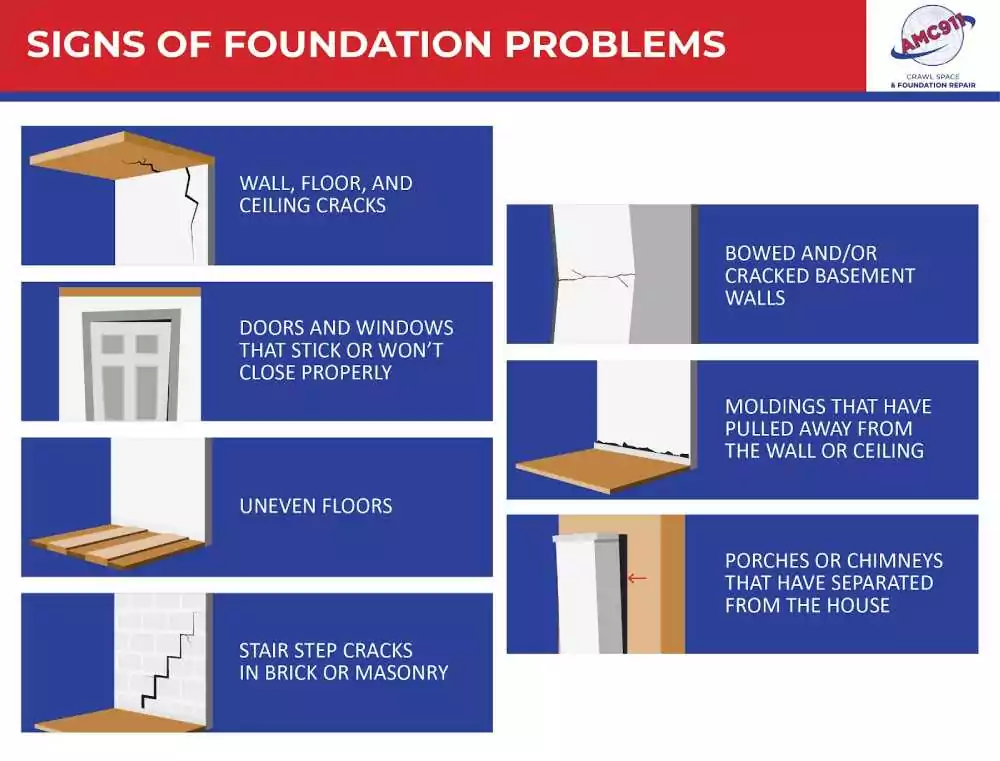
If you notice any of these signs in your home – or anything else that seems suspicious – it’s best to get a professional opinion to ensure your foundation is sturdy and safe. Don’t wait until it’s too late to address these issues – it’s better to be safe than sorry. Foundation problems spotted early also cost less to repair.
How to Avoid Problems With Your Foundation
The good news is that there are some simple and cost-effective ways to help prevent foundation problems from happening. These include the following:
- Regrade your yard – One of the most effective ways to prevent foundation problems is to regrade your yard. This means ensuring the ground slopes away from your home so water doesn’t pool around the foundation.
- Install downspout extensions – These pipes attach to your downspouts and direct water farther away from your foundation before release.
- Clean your gutters regularly – When your gutters are clogged, water can overflow, run down the side of your house, and soak into the ground around the foundation.
- Install a drain tile system – A drain tile system is a network of perforated pipes installed around the foundation at the footing level. This helps collect and redirect water away from the foundation.
- Keep trees away from the foundation – Tree roots can grow and push against the foundation, causing cracks and damage.
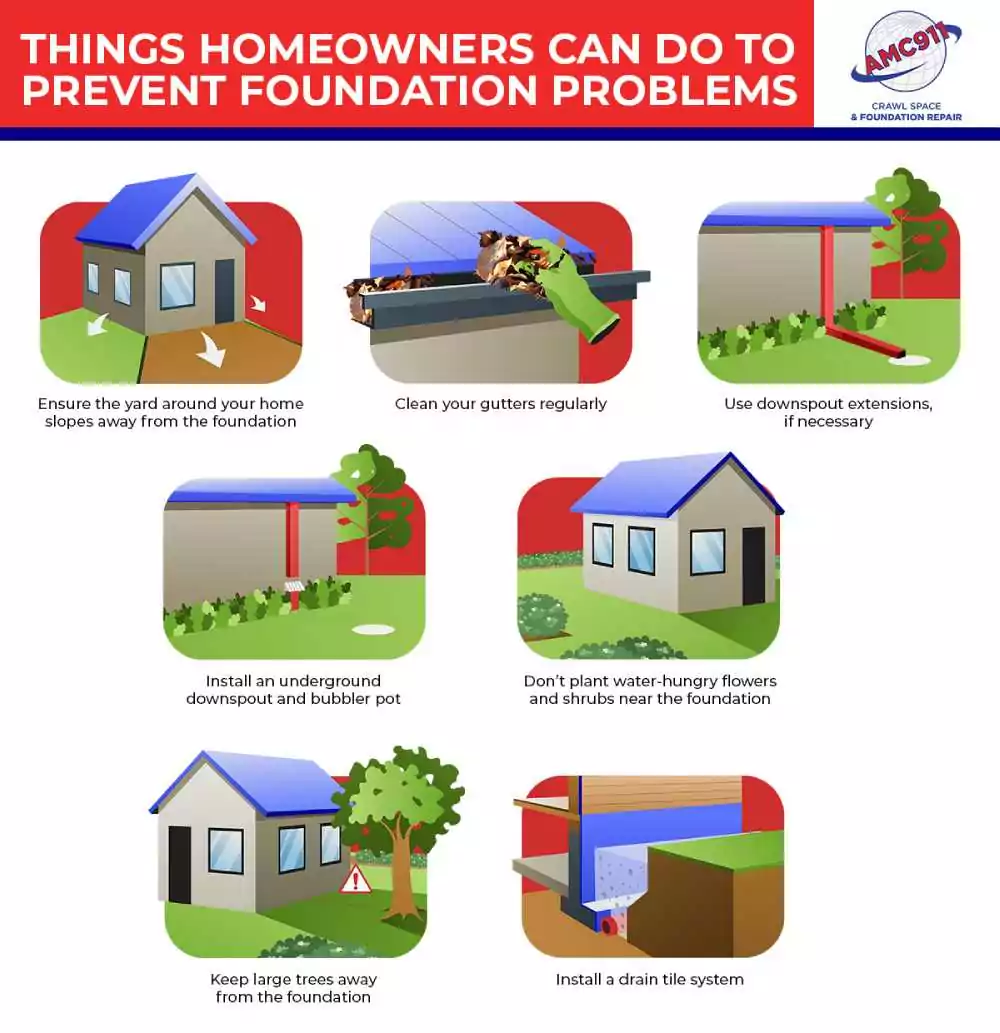
By taking these simple steps, you can help prevent foundation problems and save yourself from costly repairs.
If you have questions about preventing foundation problems or think your home’s foundation might already have an issue, contact AMC911 today to schedule a free foundation evaluation. If we find a problem, we’ll give you a repair estimate.

